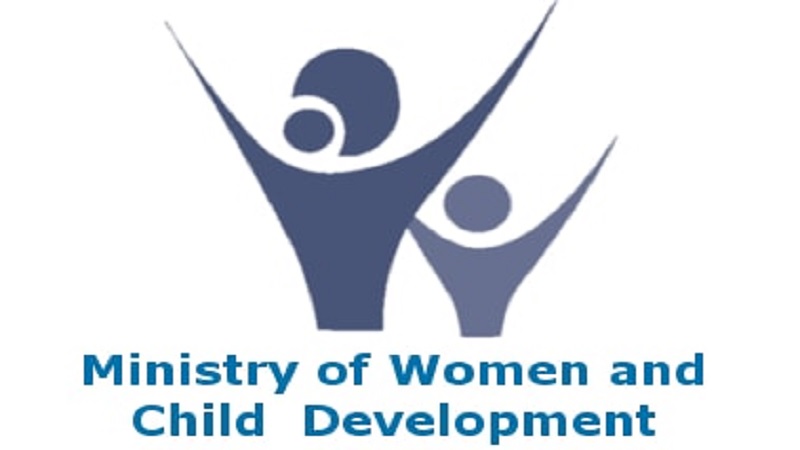 Image Courtesy:noticebard.com
Image Courtesy:noticebard.com
The Ministry of Women and Child Development said that police and public order are a state subject and thus the state’s responsibility when asked about measures to address the evil of violence against women.
When asked about government measures to contain the menace of violence against women, Union Minister Smriti Irani said, “’Police’ and ‘Public Order’ are State subjects under the Seventh Schedule to the Constitution of India. The responsibilities to maintain law and order, protection of life and property of the citizens rest primarily with the respective State Governments.”
This statement came along with data that showed a growing rate of crimes against women. Similarly, the Department records also showed that most States had failed to utilise even half of the Nirbhaya Funds released. In December 2019, Parliament data showed that many States had failed to effectively use Nirbhaya Funds.
For example, Maharashtra was recorded as the only large State that had used zero funds provided by the scheme. The data resulted in severe criticism of both Central and state governments for their general apathy towards a prevalent social issue.
During this year’s monsoon session, the Centre’s records showed yet again that states had utilised less than half the funds provided under this scheme. The only exceptions were Delhi, Gujarat, Himachal Pradesh, Karnataka, Mizoram, Nagaland, Tamil Nadu, Telangana, Uttar Pradesh, Uttarakhand and West Bengal. Moreover, in stark contrast to the 2019 data, the Centre now said that Maharashtra had utilised Rs. 179.36 crores out of Rs. 295.93 crores funds released.
Meanwhile, Madhya Pradesh had only used Rs. 42.72 crores out of Rs. 123.37 crores funds released despite being the state with the highest women suicides due to dowry-related issues – 496 deaths in 2019. Among Union Territories, Delhi ranked the highest with 59 such deaths in 2019. Overall, 1,815 dowry-related suicides were registered in India in 2019.
Similarly, the newly-created Union Territory of Ladakh had used no money from the Rs 0.27 crores funds released.
When Member of Parliament (MP) Adoor Prakash asked about proposals received by the Centre under this scheme and government measures to enable faster implementation, Irani said:
“A total of 35 schemes/ projects have been appraised and recommended by the EC so far. The EC reviews the status of implementation of the approved projects from time to time in conjunction with the concerned Ministries/ Departments/ Implementing Agencies (IAs). The Ministries/ Departments/ IAs also review and monitor the progress of their respective schemes/ projects for faster implementation at their level.”
MP Amar Singh asked the Centre about the increasing violence against women and the continuing prevalence of the social evil of dowry in India.
The National Crime Records Bureau (NCRB) data from 2016-2018 showed that crimes committed against women had increased from 3,38,954 cases in 2016 to 3,78,277 cases in 2018. The maximum number of cases were filed under ‘Cruelty by husband or his relatives’ in 2018. As many as eight cases were registered in 2018 under the crime of ‘buying minor girls.’
The Union Minister said that the Government considers safety and security of women as its highest priority and listed the Criminal Law (Amendment) Act, the Criminal Law (Amendment) Act, the Sexual Harassment of Women at Workplace (Prevention, Prohibition and Redressal) Act, 2013 among the many government legislations.
Related:
NHRC, Delhi High Court spring into action, pull up governments on women’s safety measures, utilisation of Nirbhaya Fund
Now, Smriti Irani says no data on anganwadi workforce!
No data, so no compensation: Centre’s shocking revelation on migrant labourer deaths!
WCD Ministry gives unsatisfactory answers on efforts to protect women and children